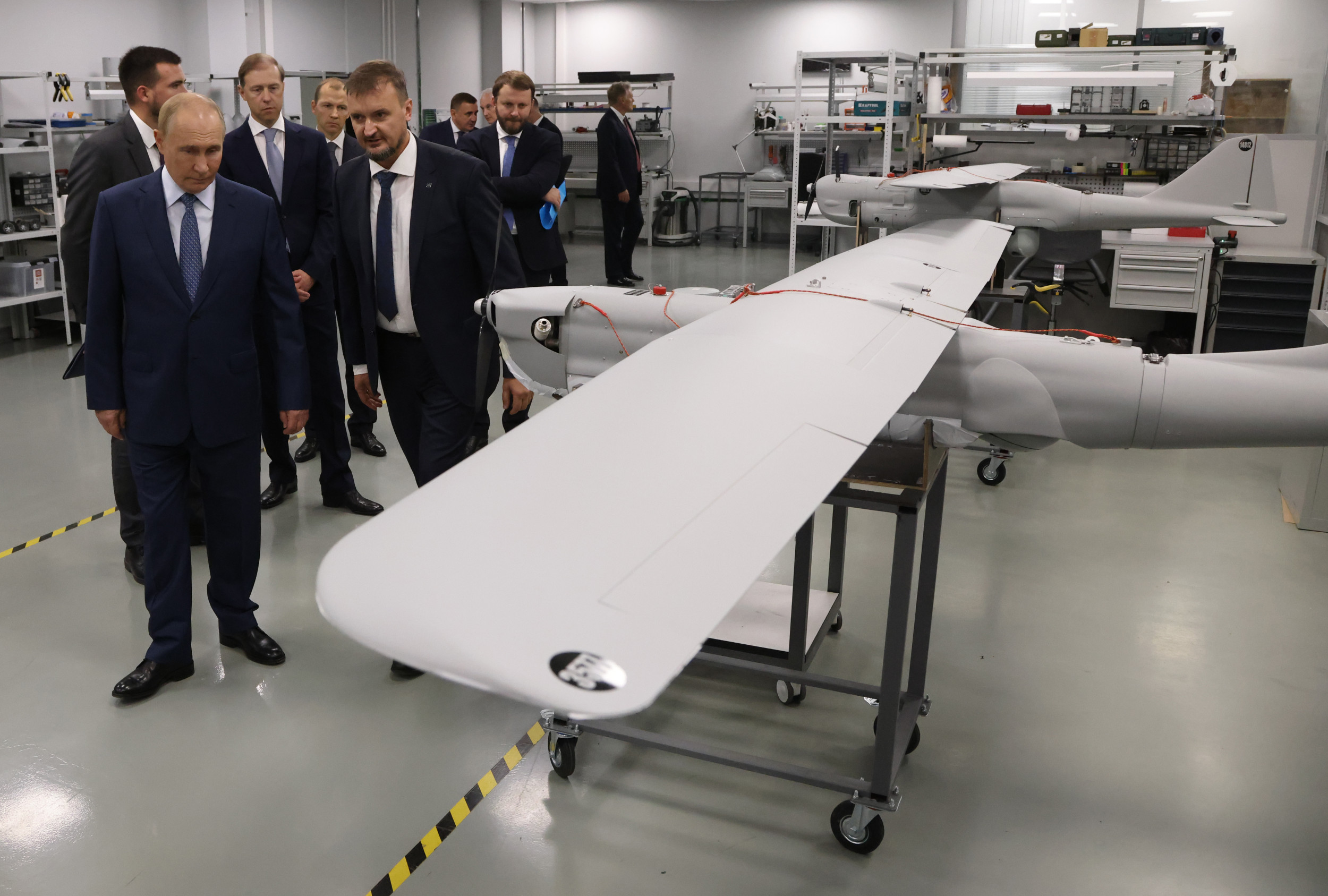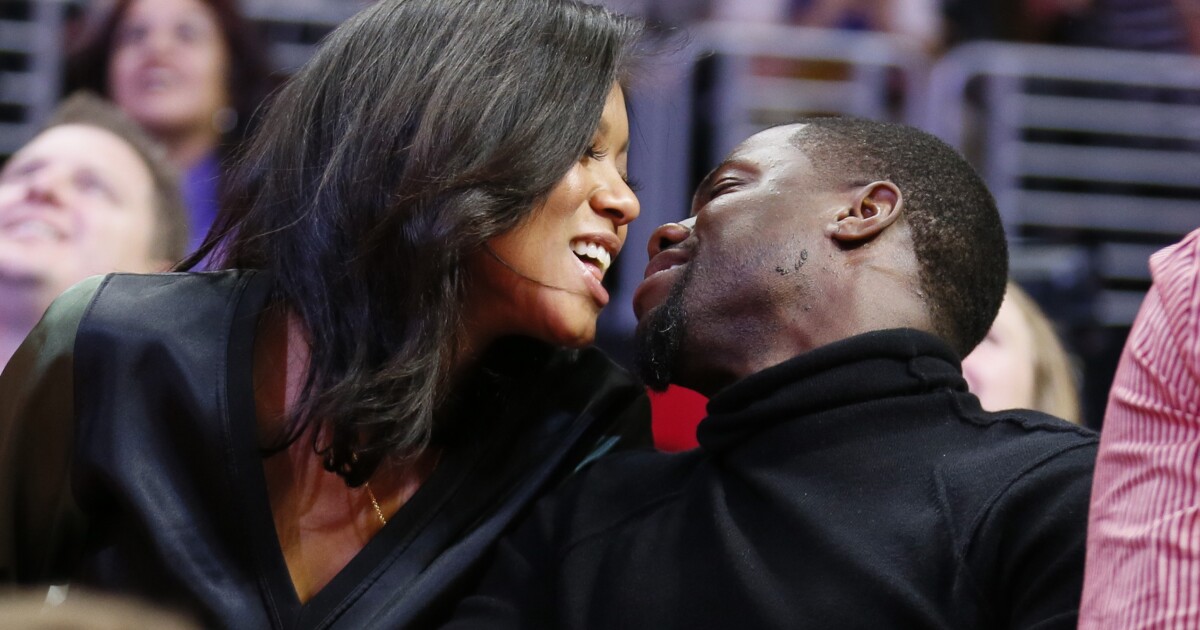Russia's Drones Increasingly Rely on Chinese Components, Sparking Concerns Over Tech Transfer

Russia's Drone Program Leans Heavily on Chinese Technology – What Does This Mean?
Recent intelligence reports have revealed a concerning trend: Russia's drone program is increasingly reliant on components sourced from China. This development has raised eyebrows among international observers, sparking discussions about potential technology transfer and its implications for the ongoing conflict in Ukraine and broader geopolitical stability.
According to the Ukrainian military's intelligence agency, the GUR (HUR), the latest generation of Russian drones are almost entirely built using Chinese-made parts. These drones are being utilized for a variety of purposes, including decoys and reconnaissance missions, highlighting their growing importance in Russia's military strategy.
What Components Are We Talking About?
The GUR has released detailed data outlining the specific Chinese components used in these drones. While the exact details remain sensitive, the broad categories include: flight controllers, navigation systems, cameras, propulsion systems, and communication modules. The widespread use of these components suggests a deliberate effort by Russia to circumvent sanctions and acquire critical technologies needed to enhance its drone capabilities.
Why is This Significant?
The reliance on Chinese technology presents several significant concerns:
- Sanctions Evasion: Russia faces severe international sanctions due to its actions in Ukraine. Sourcing components from China allows Russia to sidestep these restrictions and continue building its military arsenal.
- Technology Transfer: The transfer of advanced technology from China to Russia raises questions about the potential for further proliferation and the erosion of export controls.
- Impact on Ukraine: The improved capabilities of Russian drones, thanks to Chinese components, pose a direct threat to Ukraine's security and its ability to defend itself.
- Geopolitical Implications: This situation highlights the complex economic and political relationship between China and Russia, and the potential for China to become an unwitting facilitator of Russia's military ambitions.
China's Response and Future Outlook
China has consistently maintained a neutral stance on the conflict in Ukraine, but the revelations regarding drone components have put pressure on Beijing to address the issue. While China has denied any direct involvement in Russia's military buildup, the sheer volume of components being sourced from Chinese suppliers is difficult to ignore.
The situation is likely to escalate further as Russia continues to seek ways to modernize its military and as Ukraine and its allies work to counter Russian aggression. Increased scrutiny of Chinese exports and calls for stricter enforcement of sanctions are expected. The long-term implications of this technology transfer for international security remain to be seen, but it's clear that it represents a significant challenge for the global community.
Source: Based on information released by the Ukrainian military's intelligence agency (GUR).






